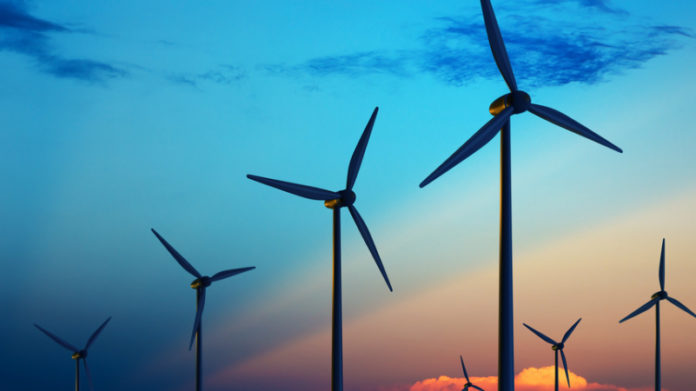
ANGLOGOLD Ashanti today rolled out plans for a $1.1bn emissions reduction initiative in which the miner intends to be carbon neutral by 2050.
“We have a clear pathway to achieve our target by 2030, when we expect to have lowered our overall emissions by almost a third,” said AngloGold Ashanti CEO, Alberto Calderon in a statement. “This ensures we continue to do our part in reducing our carbon footprint, while also improving the value of our business.”
Emissions are expected to fall to one million tons by the end of the decade from a baseline of 1.4 million tons (Mt) of carbon dioxide equivalent in 2021. This will be achieved through a combination of renewable energy projects, fleet electrification, and lower-emission power sources, the group said.
In absolute terms, a reduction in greenhouse gases of 30% is targeted for 2030 in both the Scope 1 and 2 categories. Scope 1 refers to emissions generated by the mine while Scope 2 covers indirect emissions through the purchase of electricity from third-party providers.
AngloGold will fund $350m of the capital required for the emissions reduction with the balance financed through third party means including providers of renewable energy infrastructure. “The company plans in the coming weeks to initiate a process to secure a green funding facility of $250m to $300m to finance its portion of these decarbonisation initiatives across its business,” it said.
About 60% of the planned emissions will come from wind and solar renewable energy projects at the company’s Australian operations and solar power plants at Siguiri in Guinea and the Iduapriem and Obuasi mines in Ghana.
AngloGold is studying replacing some of its mobile fleet at Cuiaba mine in Brazil with battery electric vehicles. A wind farm at Cerro Vanguardia in Argentina is being investigated. The projects are expected to be net present value positive, AngloGold said.
Two ‘clean grid’ initatives are also underway. In terms of this AngloGold will ditch diesel at its Tanzanian mine Geita in favour of national grid power which uses a high proportion of gas and renewables while in Brazil it will tap into the country’s generation of hydro-power.










